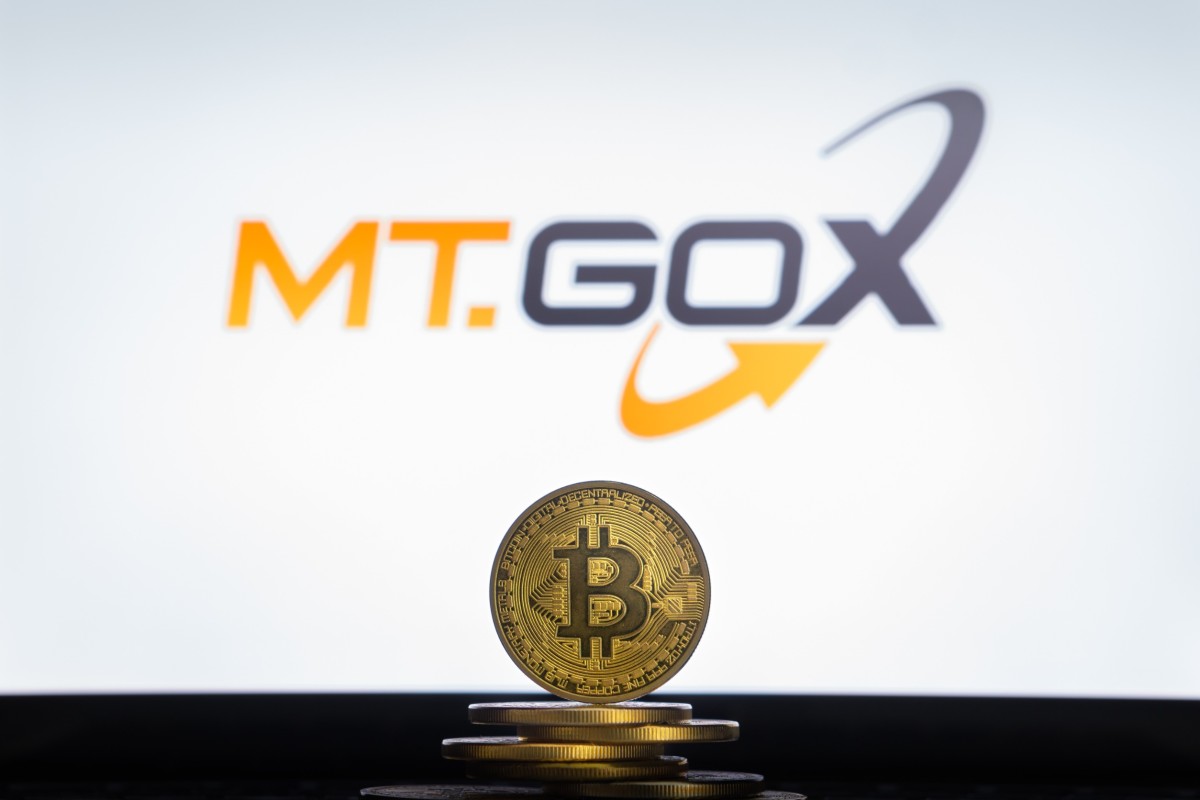The Sovereign Company Thesis
Bitcoin does the same thing for companies as it does for individuals: it gives them more freedom. In the wake of large public corporations adding bitcoin to their balance sheets, I want to explore the greater implication of companies adopting Bitcoin.
As companies adopt Bitcoin, they will begin to gain new levels of sovereignty and leverage over the state as well as amplify their ability to do commerce globally. Today, bitcoin is still an alternative treasury asset, but as larger and more powerful organizations begin to use Bitcoin directly, they will begin to tear away from the overreach of governments. This in and of itself will challenge the dynamics of governance and the nature of nation states as we currently know them.
In this article, I will break down the necessary tenants for a company to gain sovereignty with bitcoin today as well as explore what the “sovereign-company future” holds.
How To Establish The Sovereign-Company Future
Step one: Hold the treasury in bitcoin and unleash the purse with cold hard monetary energy.
Obviously in the cases of both Square and MicroStrategy, there were business reasons for converting portions of the balance sheet to bitcoin. However, it is not enough for a company to simply hold bitcoin for it to become a sovereign company.
For a company to truly become sovereign, it must run a full node and custody its own keys in a geographically-distributed manner.
Step two: Self-custody the bitcoin.
By custodying your own Bitcoin private keys, you take advantage of all of Bitcoin’s censorship and confiscation-resistance features. These features drastically bring down the cost for a company (or individual) to break away from a geography or jurisdiction with all of their value.
Step three: Attain complete geographic mobility and control and leverage jurisdictional arbitrage.
This kind of geographic sovereignty was extremely expensive and complex before Bitcoin.
With Bitcoin, a user or, in this case, a company, just holds their bitcoin keys so that they can plug into the internet of value and commerce.
Yes, it’s still clunky, but the key is that operating outside of the legacy system globally is now possible. The alternative economy is here.
But what exactly is jurisdictional arbitrage?
Jurisdictional arbitrage, geographical arbitrage or political arbitrage is the act of domiciling in very regulatorily-friendly countries while still serving a global customer base. Jurisdictional arbitrage is especially well-suited for internet-based businesses and services. It is often frictionless and inexpensive to locate in a favorable jurisdiction but serve customers in less-friendly jurisdictions.
Sovereign companies are companies that have adopted Bitcoin as their reserve currency, self-custody their bitcoin and have created a jurisdictionally beneficial and mobile construction.
The near future will be hostile to sovereign companies. Sovereign companies will have to be nimble in order to evade the taxman and the arbitrary and cumbersome constraints to which large predatory jurisdictions try to subject a sovereign company.
Taking A Glimpse Into The Future: Nation State Statutes
What are the implications of a company becoming sovereign? We can explore this by considering the case study of BitMEX.
In early October 2020, the Commodity Futures Trading Commission (CFTC) and other U.S.-based agencies launched an attack on the legendary Bitcoin leverage exchange BitMEX.
U.S. authorities arrested BitMEX cofounder and CTO Sam Reed in Boston and put out warrants for the arrest of the exchange’s other cofounders. After posting bail, Reed is currently out of custody, although he is not free to travel.
This was not the first time the U.S. had levied an attack on a cryptocurrency exchange, but this time things played out differently than ever before.
BitMEX is a unique, large exchange in that it never touches fiat at all in its operations. The entire business operates with bitcoin only. When the U.S. attacked, it took Reed, who was living in the U.S., into custody. The remaining BitMEX team was out of the reach of U.S. officials and successfully evaded custody.
BitMEX was ordered to stop operations, but, because its monetary base was only BTC, the CFTC could not arbitrarily seize BitMEX’s funds.
This is an example of Bitcoin’s seizure-resistant properties in action.
Because BitMEX still had full control of its Bitcoin keys, customers could still withdraw their funds and, since the initial attack, BitMEX has responded that the exchange will continue to operate and that senior leadership would step down so that new leadership could maintain business operations.
This turn of events illustrates BitMEX’s unprecedented amount of sovereignty and defendability against the United States government, the most powerful organization in the world.
I would argue that, because of Bitcoin, BitMEX gained a level of sovereignty that was only held by nation states prior to Bitcoin’s existence.
The key to unlocking this sovereignty is the combination of a Bitcoin standard and jurisdictional arbitrage. With this formula, any large organization can become sovereign.
In a world with massive tech giants like Apple, Google and Amazon already pushing the envelope for corporate sovereignty, it’s not too much of a stretch to envision how Bitcoin’s features will accelerate this. At some point, large corporations will have to become sovereign.
As big governments start to micromanage small and large businesses alike, these businesses have two choices: comply or opt out. Bitcoin solves countless problems for almost every kind of business, including this one.
As more and more companies turn to Bitcoin to stymie inflation, they will inevitably also increase their own sovereignty by an order of magnitude. Imagine Facebook or Apple’s negotiating power with even the largest nation states in a world where they hold their reserves in uncensorable digital gold and their executives are all multinational sovereigns themselves.
This future is not far from today’s reality.
We have the technology (Bitcoin) and companies are adopting it (bitcointreasuries.org).
I truly have no idea what the future of corporate organization will look like. I don’t know if it will come in the form of Decentralized Autonomous Organizations (DAOs), or if Google will just adopt a Bitcoin standard and secede from the U.S. What I do know is that Bitcoin gives companies and individuals massive amounts of sovereignty and control and, as the world onboards to Bitcoin, companies will be much more sovereign.
As stated in the prophetic book “The Sovereign Individual,” the mega political returns on violence have shifted. Because of Bitcoin, smaller organizations and jurisdictions will be enabled to compete with larger, more powerful ones and they will create the conditions needed for businesses to serve the internet economy, playing from a homebase that won’t regulate them.
The macro economic fallout from this will change the human experience for the better. People and companies will have choices because of competition across the globe.
This is a guest post by Christian Keroles. Opinions expressed are entirely their own and do not necessarily reflect those of BTC Inc or Bitcoin Magazine.
The post The Sovereign Company Thesis appeared first on Bitcoin Magazine.

 (@ck_SNARKs) February 4, 2020
(@ck_SNARKs) February 4, 2020







